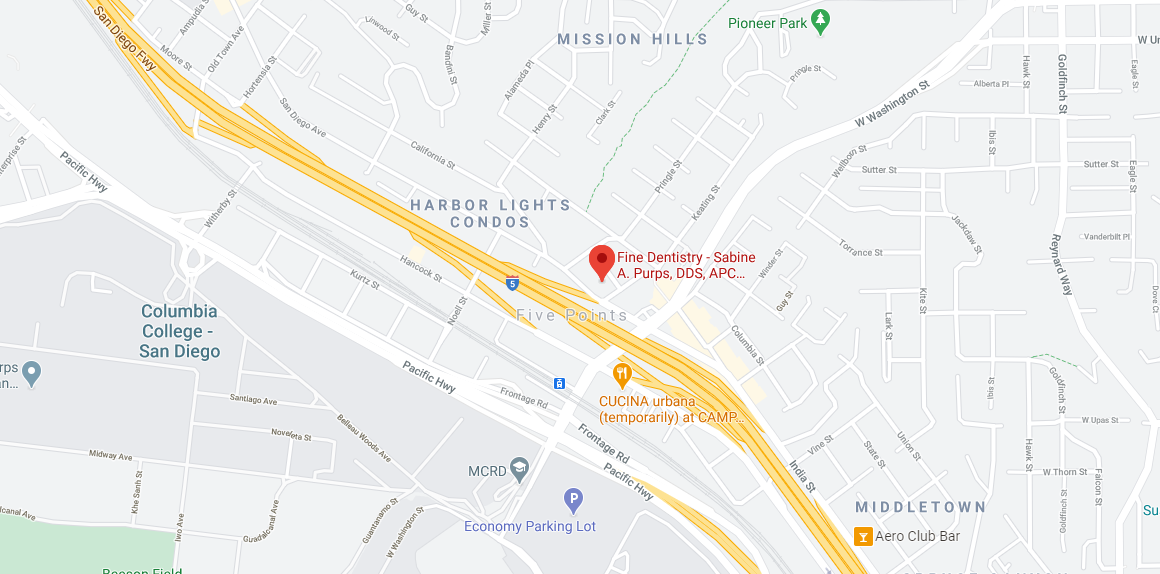Dental bonding and veneers are two different treatments serving the same purpose i.e. fixing imperfections.
However, the process is different. The materials are different. Actually, the whole treatment is different.
So, dental bondings are composite resin clay shaped to fit the teeth. And, dental veneers are thin tooth-like shells adhered to the tooth surface.
But, what are the key factors that make one treatment different from others? Above all, which treatment should you get?
Durability and longevity:
Dental bonding cannot bear excessive pressure for a long time, and it might break down after a few years. So, we can say that dental bondings are not very durable, but they are a good choice for short-term use.
Veneers, on the other hand, are far more durable than bonding. The material is made from porcelain, which is hard and can endure a bit of pressure. However, it might not sustain excessive pressure too, because porcelain is on the verge of cracking or chipping.
So, we derived that to make each of the cosmetic treatments last longer, you will have to be mindful of your food consumption.
Natural-looking?
Dental bonding is made from composite resin material. Before your dentist fixes your imperfections, the shade has to be matched with your natural tooth. Mostly, dental bonding seamlessly blends in with the natural tooth.
Dental veneers are thin shells. The porcelain veneers effortlessly give the natural-tooth color. Your dentist finds the right match and adheres to your teeth.
In the case of natural-looking cosmetic treatment, both treatments offer natural-looking teeth. The materials used are contrasting, but the color outcome is almost similar to your natural tooth color.
Cost!
Dental bondings are inexpensive and simple! The treatment requires only one to two dental visits and the prices are extremely affordable.
Meanwhile, dental veneers are one of the most expensive treatments in cosmetic dentistry. The material used in veneers is expensive and the process is also lengthy.
In terms of cost, dental bonding does not cost much and is a quick fix. But, dental veneers are high in cost and need more care than bonding.
Stain-resistance?
The composite resin used in bonding is porous. So, your coffee and red wine stains might show up after a certain time. To avoid discoloration of dental bonding, you will have to simply avoid food dense with colors.
Whereas, the material used in dental veneer is perfectly stain-resistant. You can have your favorite beverages without any worry.
Dental bonding is not stain-resistant, and the dental veneer is. Choose whichever suits you!
Procedure!
The process of dental bonding takes one or two dental visits. The process is simple, and if taken care of, might last for more than 9 years.
And, the process of dental veneers might take 3-4 weeks. If you take care of veneers properly, they might last more than 15 to 20 years.
No matter which cosmetic treatment you are choosing, our smile experts can help you get the smile! To get dental bondings, you can contact our dentist in San Diego for a quick consultation appointment.

